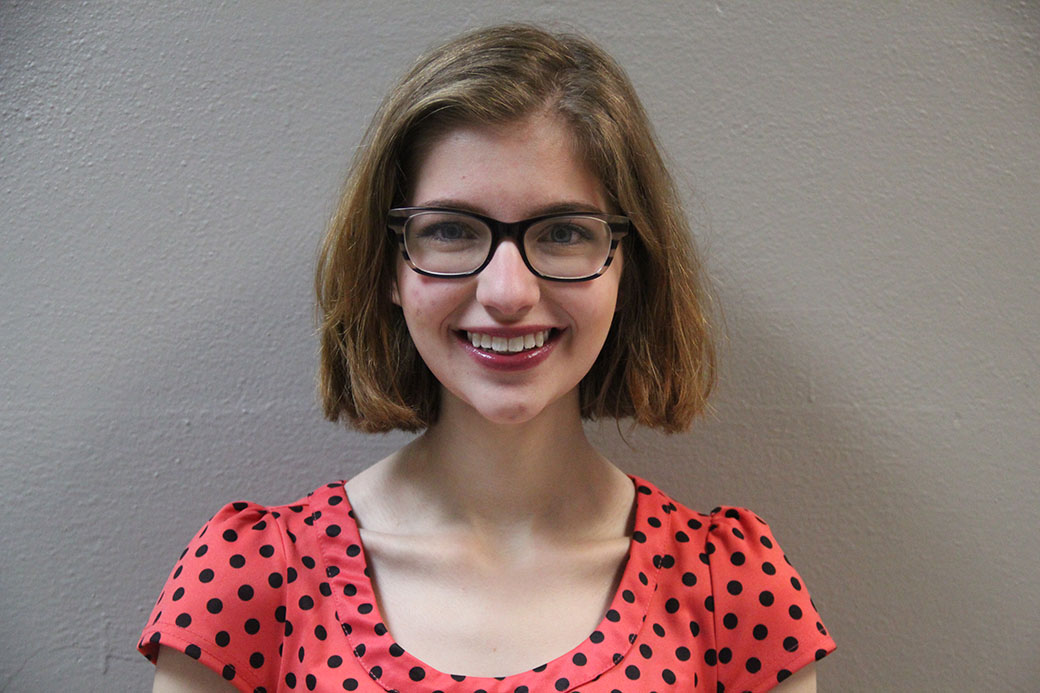
USD doesn’t need safe zones
College campuses are known as places for personal growth and self-discovery. These institutions of education teach lessons beyond the classroom in the facilitation of open, nonjudgmental dialogue.
For some students, college campuses may be the first experience they have outside of a small town setting. If someone isn’t used to seeing diversity in race, belief and sexuality, college can be a rude awakening.
Misunderstandings among such different groups of people are inevitable. Whether intended or not, people offend each other.
Some colleges are trying to fight this vicious cycle through the use of safe zones.
Originally created for LGBTQ+ community members at Columbia University, the concept of safe zones is the physical equivalent of a trigger warning. Those who feel victimized by certain comments or actions of others can go to a designated space to escape. Safe zones have become staples at campuses across the country, for groups such as sexual assault victims and atheists.
From this concept, the question arises whether USD should establish its own safe zones for possibly marginalized populations. According to recent USD demographics, the majority of campus, as with any small Midwest town, is Caucasian, but there’s representation from a multitude of races, ages, religions and sexualities.
If we start thinking that certain uncomfortable conversations need filters, this idea will spread into all aspects of life. Opportunities to trigger unpleasant feelings can easily become opportunities to filter authenticity.
Some students on campuses around the country even protest certain speakers who may have differing opinions. With every writing, speech and image there is an opportunity for sugarcoating and manipulation, figuratively placing freedom into a padded comfort room.
Yes, we must each watch what we say and we must be respectful — the words we use have consequences. But for the sake of our right of free speech, we must also draw a line.
Creating safe zones suggests that any other space is unsafe and that attempts to break barriers between social and cultural differences must somehow become safer.
Rather than sparking necessary conversation to fight ignorance, safe zones prevent them from ever occurring, only fueling misunderstanding. This misunderstanding will then carry into life outside campus and divide us further.
USD is a college that is committing towards diversity, each college making goals and achievements to improve. The Office for Diversity and Inclusiveness boasts a commitment to building bridges among the entire student population through organizations, services and programs.
I personally participated in the Voices for Discovery program, which intended to expose overlooked diversity issues and view them from a different perspective.
Avoiding our problems of using micro-aggressions won’t solve anything. Outside college, there are no safe zones. Instead of avoiding discomfort, we must try to understand and communicate our differences.
While USD strives to embrace social diversity, we should place equal importance on embracing diversity of thought. As people choosing to pursue our education, we must value the power of knowledge.
College is an opportune time to actively seek accurate information through research, resources and each other. A simple, open discussion about personal backgrounds and beliefs, without judgment or assumptions of offense, could lead to valuable progress.
